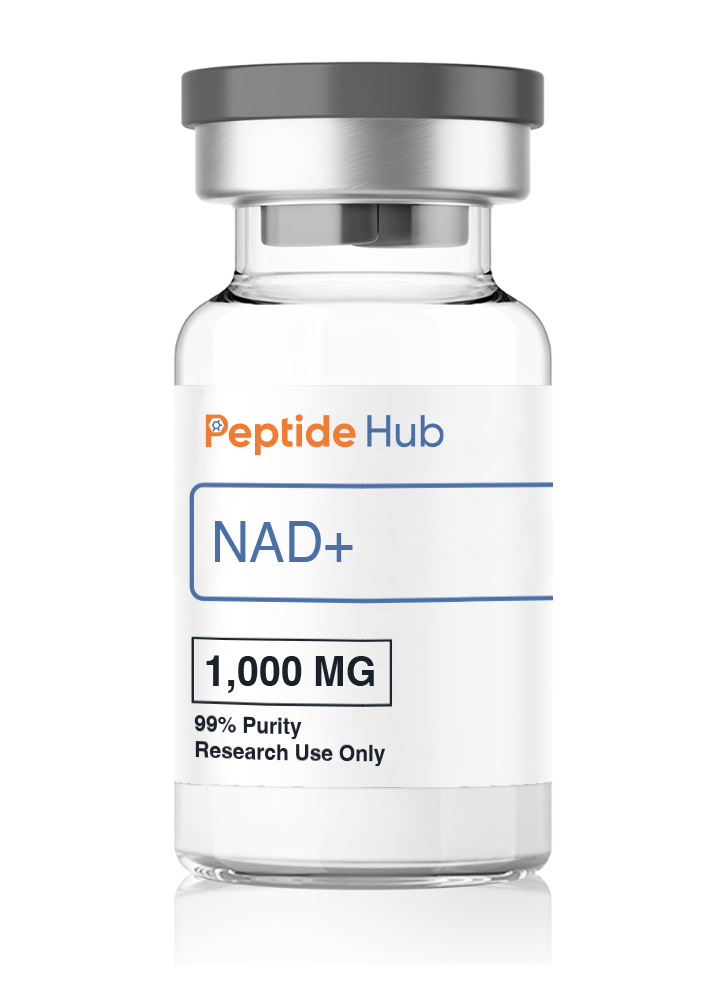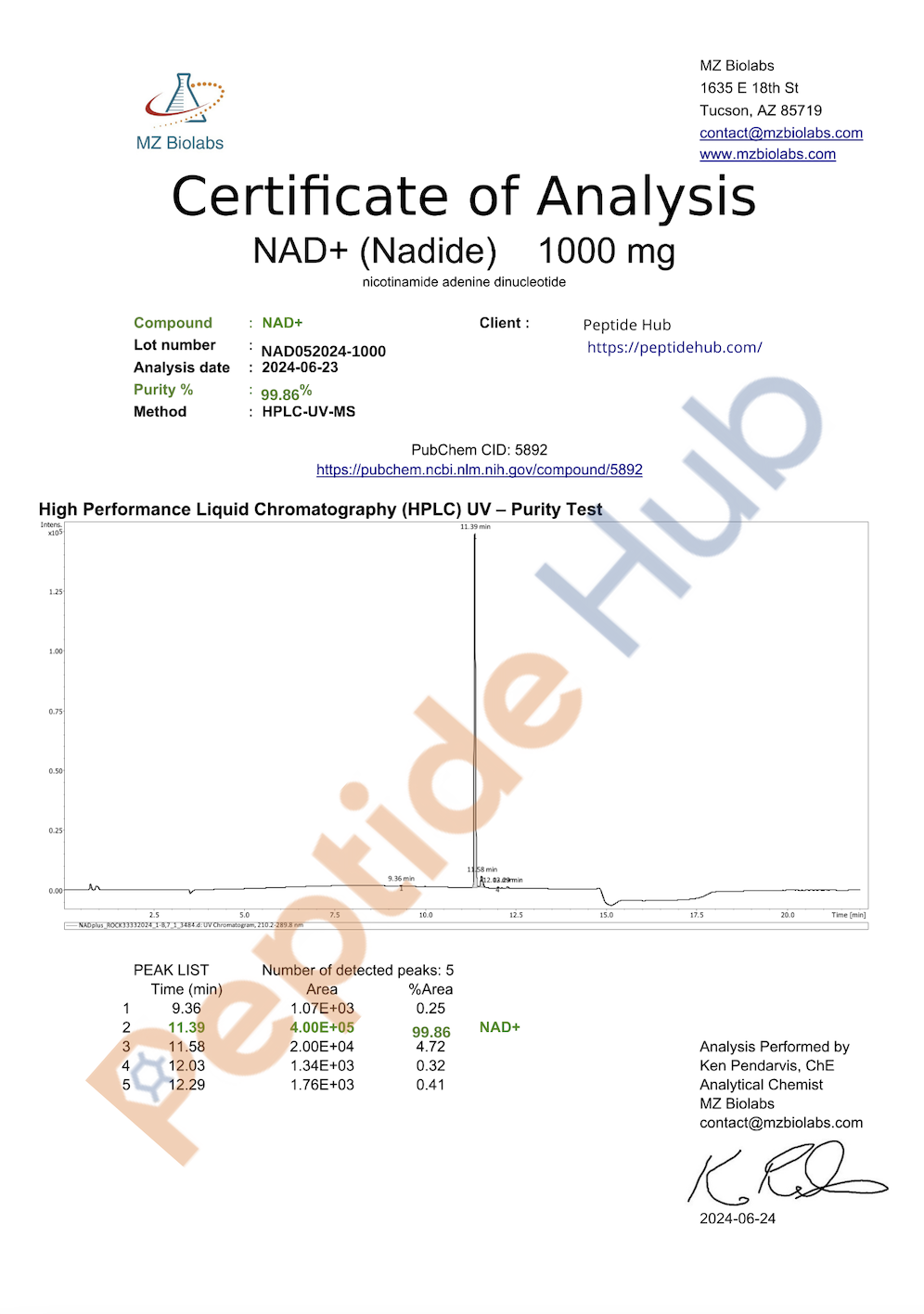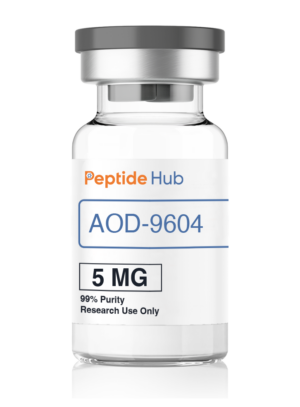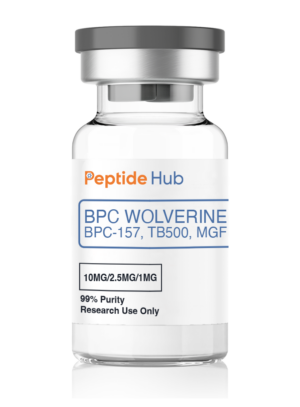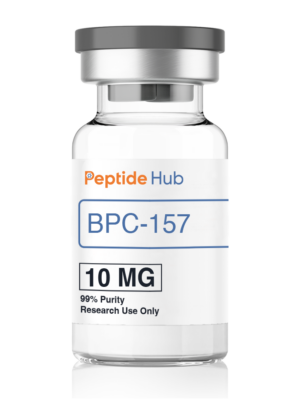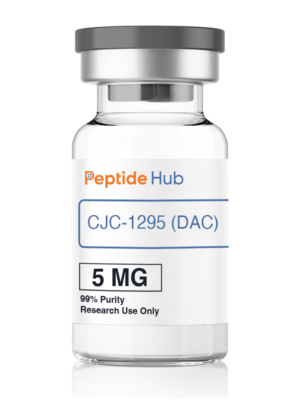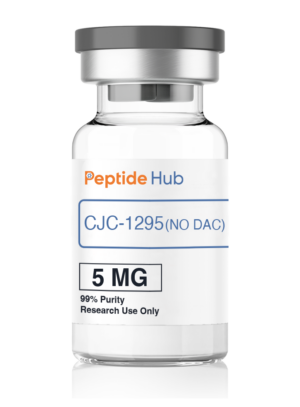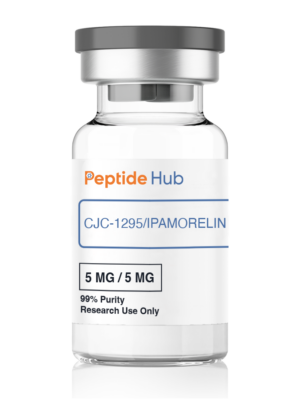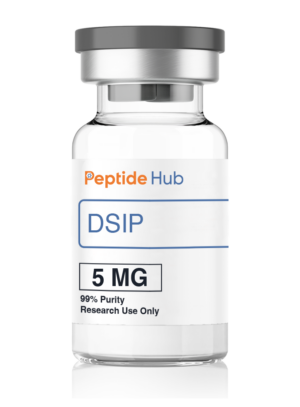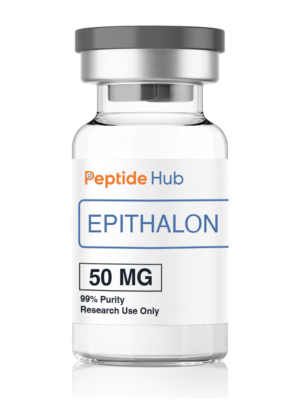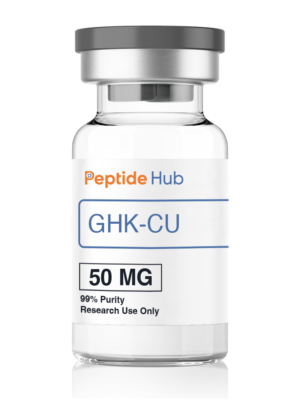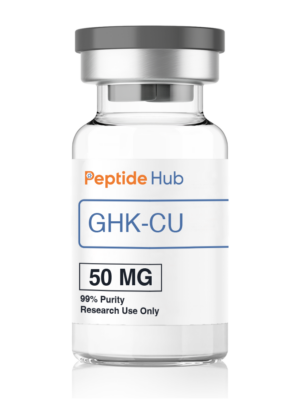Product Details
NAD+ Structure
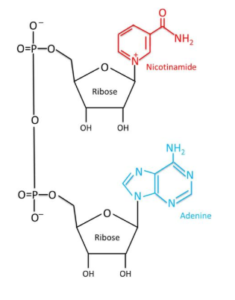
Source:PubChem
What is NAD+?
NAD+ (Nicotinamide Adenine Dinucleotide) is a vital coenzyme found in all living cells, playing a crucial role in energy metabolism and cellular function. This essential molecule is involved in numerous biochemical reactions, particularly those related to energy production, DNA repair, and cellular signaling. NAD+ has garnered significant attention in research for its potential anti-aging properties and its role in promoting overall cellular health.
Introduction to NAD+
The Origin of NAD+
NAD+ was first discovered in the early 20th century and has since been recognized as a fundamental component of cellular metabolism. It exists in two forms: NAD+ (the oxidized form) and NADH (the reduced form), which are interconverted during various metabolic processes. Its role in energy production and metabolic pathways has made it a key focus in studies related to aging, metabolic diseases, and overall health.
NAD+ and Its Unique Composition
NAD+ is a complex molecule composed of two nucleotides joined by their phosphate groups. It is synthesized in the body from precursors such as tryptophan and niacin (vitamin B3). NAD+ is essential for the activity of sirtuins and other enzymes involved in regulating metabolic processes, DNA repair, and cellular homeostasis.
How NAD+ Works
NAD+’s Mechanism of Action
NAD+ functions primarily as a cofactor for dehydrogenase enzymes, facilitating redox reactions in cellular metabolism. By accepting and donating electrons, NAD+ plays a critical role in the production of ATP (adenosine triphosphate), the primary energy currency of the cell. Additionally, NAD+ is involved in activating sirtuins, proteins that regulate various cellular processes, including aging and stress response.
Role in Energy Production and Metabolism
NAD+ is integral to cellular respiration, particularly in the conversion of glucose and fatty acids into energy. It is crucial for the functioning of the electron transport chain, where it aids in the production of ATP, supporting overall metabolic health and energy balance.
Benefits of NAD+
Support for Cellular Energy Levels
One of the primary benefits of NAD+ is its role in enhancing cellular energy production. By facilitating ATP synthesis, NAD+ helps maintain energy levels, which is essential for optimal cellular function and overall health.
Potential Anti-Aging Effects
Research suggests that NAD+ may have anti-aging properties by promoting cellular repair and maintenance. Its role in activating sirtuins has been linked to improved longevity and a reduced risk of age-related diseases.
Improved Metabolic Health
NAD+ has shown promise in supporting metabolic health by enhancing insulin sensitivity and glucose metabolism. This makes it a potential candidate for research focused on metabolic disorders, such as obesity and type 2 diabetes.
Why NAD+ is Different from Other Molecules
What sets NAD+ apart from other molecules is its unique role as a coenzyme in numerous biochemical reactions critical for energy metabolism and cellular function. Unlike many supplements that target specific pathways, NAD+ is involved in a wide range of cellular processes, making it a comprehensive option for supporting overall health and longevity.
Other Health Benefits
Enhanced DNA Repair
NAD+ plays a crucial role in DNA repair mechanisms, supporting cellular integrity and preventing damage that can lead to aging and disease. Its involvement in maintaining genomic stability is essential for overall health.
Cognitive Health Support
Emerging research indicates that NAD+ may have protective effects on brain health by supporting mitochondrial function and promoting neuronal survival. This has potential implications for neurodegenerative diseases and cognitive decline research.
For Research Use Only


